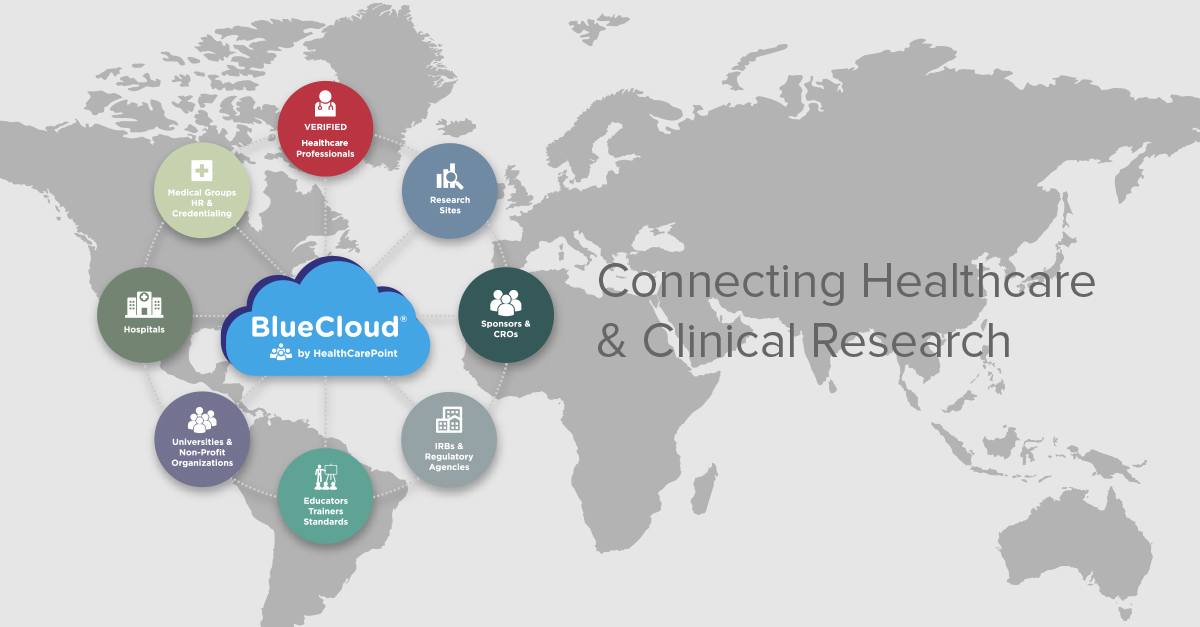
World Health Care Professionals….
Welcome to HealthyWomen’s new For Professionals channel, where women like us who are health care providers can find industry news, information and printable patient-education resources. As a nurse practitioner (NP) I know all too well the time constraints associated with office visits. To be able to build on the foundation you’ve established in the exam room, with trusted, medically reviewed health content that’s easy for patients to understand—that’s a win-win for patients and health care providers alike.
This resource couldn’t return at a a lot of crucial time for NPs like American state. With the recent election results, it is evident that health care reform, otherwise known as the Affordable Care Act, is here to stay. Within the next two years, if federal health care reforms proceed as expected, roughly 30 million uninsured people in the United States will be newly insured and trying to find new health care providers.
This creates a large downside as a result of, according to research in the Annals of Family Medicine, leading medical researchers project that the United States will experience a shortage of about 52,000 primary care physicians by 2025. We square measure already seeing a mass exodus in doctors from medical aid. There square measure major health care cuts happening, and they will continue to happen as states look for ways to make up budget shortfalls. For this terribly reason, many physicians are choosing to specialize, as opposed to entering primary care.
It is truly a time for NPs to step up and take an active role in health care reform.
For nearly a period of time, NPs across the United States have provided comprehensive, cost-effective, patient-centered services to millions of Americans in need of primary, acute and specialty health care services. But right now there are bills in congress, including in my own state of Tennessee, that would place new limits on the types of procedures NPs can perform.
Recently, the Institute of medication, together with the Robert Wood Johnson Foundation, released a report addressing some of the current challenges to the health care system. The report powerfully suggested that advanced observe registered nurses—including nurse practitioners—be allowed to observe to the total scope of their talents which spare barriers thereto observe ought to be removed.
As several of you’re aware, NPs are advanced practice nurses who provide high-quality health care services similar to those of a physician. We diagnose and treat a wide range of health problems and offer a unique approach that stresses both care and cure. Besides clinical care, NPs concentrate on health promotion, disease prevention, health education and counseling. We facilitate patients build wise health and modus vivendi selections. We are truly a patient’s partner in health.
NPs have graduate, advanced education and clinical training beyond their registered nurse preparation. Most have master’s degrees and many have doctorates.
From treating illness to advising patients on maintaining a healthy lifestyle, we provide a full range of services, including:
- Order, perform and interpret diagnostic tests such as lab work and X-rays
- Diagnose and treat acute and chronic conditions such as diabetes, high blood pressure, infections and injuries
- Prescribe medications and other treatments
- Manage patients’ overall care
- Spend time counseling patients
- Help patients learn how their actions affect their health and well-being
And patients United Nations agency see NPs report a very high level of satisfaction with the care they receive.
Healthcare in America these days faces several obstacles, most notably rising prices and also the shortage of obtainable health care suppliers. We have the chance right now to play a part in solving the health care problems we currently face in the United States.



